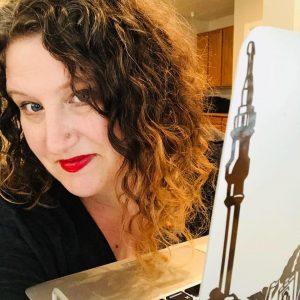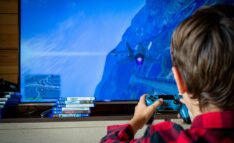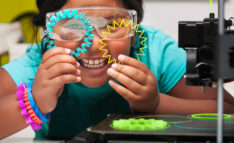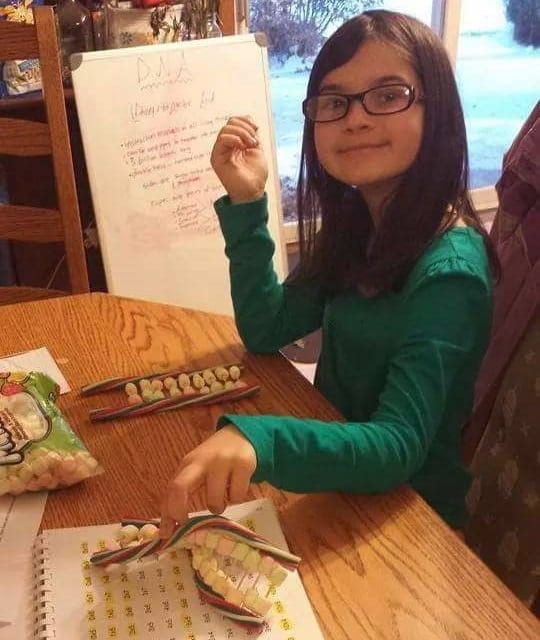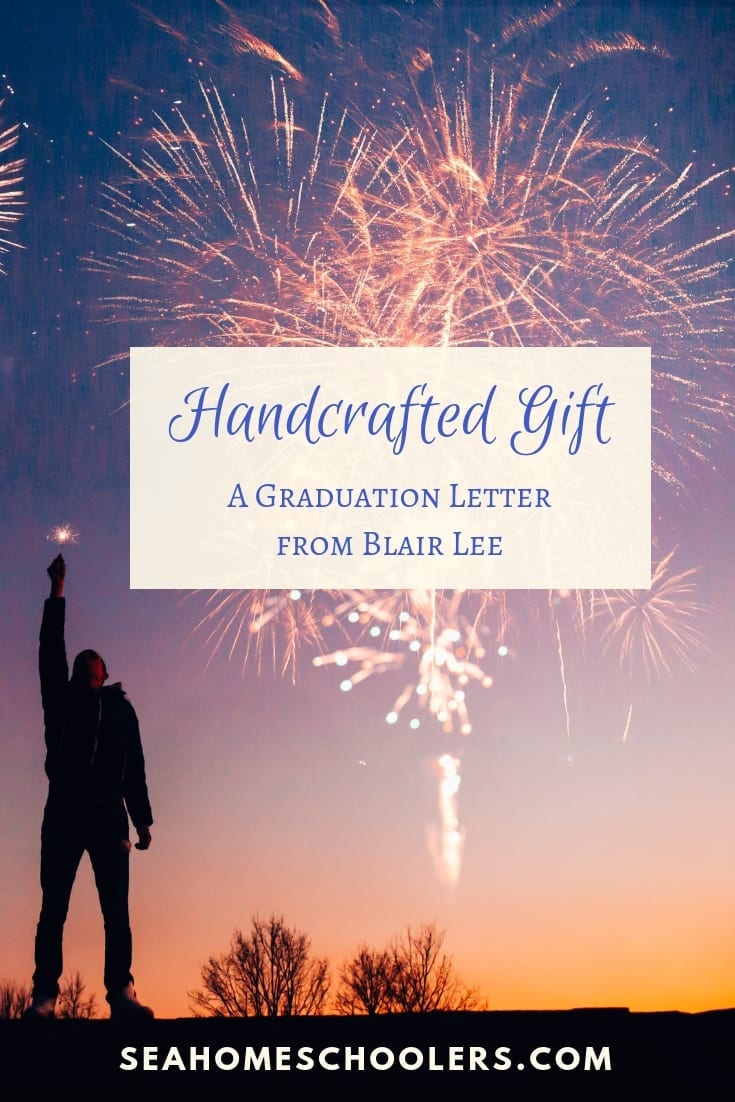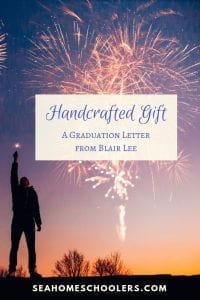Homeschool History: Historical Thinking, Research, and Writing for Young Historians in 5 steps
Samantha Matalone Cook, MAT
Homeschool History: Building Young Historians
Homeschool history is important. History guides our relationship with our communities, plays a significant role in our identities, and gives the answers to the many questions our young learners have about the world they live in. Studying history is also the catalyst to social change, cultural literacy, and building equity in our society.
At the SEA conference in June 2021, I spoke about the importance of building young historians so that they develop knowledge, skills, and enthusiasm around the subject of history. Once a foundation is laid, young historians will not only be ready for more complex skills as they get older, but they will also engage with history on a deeper level.
Five Steps for Introducing Historical Thinking, Research, and Writing
Here’s a condensed guide to five key steps for introducing historical thinking, research, and writing to young historians in your homeschool history program:
1. Center on Narrative History
Storytelling is a very human act. Humans have been telling stories for as long as we’ve been capable of doing so. Learners of any age will connect with the narratives of historical people, places, and events, but young learners in particular benefit from stories about the past. Developmentally, kids at the elementary school age still have very strong imaginations, often able to visualize the people and places they are learning about. Language development is key at this stage, so combining images with words supports their ability to identify symbols and articulate thoughts. Picture books, books with vivid descriptions, or books that are read aloud to them that offer a detailed portrayal of history are excellent ways to develop a relationship with the subject. When looking for appropriate books, analyze and vet for credibility, accuracy, and the voice and perspective of the author. Generally, as kids move into late elementary, their ability to think logically and concretely matures and they are more capable of applying what they learn to skills like writing and classification. Use stories to encourage and inspire these burgeoning skills so that they are interesting, useful, and enjoyable, rather than a chore.
2. Include Many Projects
Young learners are all about industry, or what they can do. Choosing projects that match narrative history to physical skills connects concepts, builds fine motor skills, and gives a satisfying sense of accomplishment. Kinesthetic learning, or learning by doing, is foundational for many students of all ages, but is especially helpful for young learners who are still very much experiencing the world through their bodies. Projects can be easily tailored to fit the interests of any student. For example, a kid who loves art can explore different mediums and styles through art history, which directly reflects the story of humans and their environments. Learners who love science can explore history through technology and innovation. There is always a direct relationship between what your learner is interested in and the past, since everything has a history, and there is always some way to make that into a project.

3. Build a Relationship with History Through Experiences
Homeschool history for young learners can and should be a sensory buffet. Using the concept of strewing, taking field trips, learning about oral history, creating a photograph album of historical sites; these are all kinds of experiences that are not only memorable, but create lasting connections between stories, concepts, and skills. Experiences also help learners to see that history is a living, evolving body of work that plays an active role in our communities.
4. WHAT You Study Matters Less Than HOW You Are Exploring the Subject
In the younger years, you can introduce history or you can follow the historical interests of your learners. I believe that every student should study history in chronological order at least once, but it doesn’t need to be in elementary school. In fact, that’s an experience better left to the older grades. What matters more than what history you are studying is how you are studying it. Combine narrative history, projects, and experiences, and start weaving in opportunities for historical thinking, research, and writing, so that your learners start building the skills they will need for later work that will demand more complex thought and ability.

5. Define Short-Term and Long-Term Goals
Your short-term goals should be focused on what your learner needs over the course of this year. What interests them? Which knowledge topics might capture their attention? Are there specific skills needed for the planned work? Do any skills require extra attention or review? Your short-term goals should support your learner in where they are right now. Long-term goals, however, are the knowledge and skills you are working towards. These are the historical thinking, research, and writing skills you want them to eventually be literate and proficient in. Remember that the basic questions that guide historians: who, what, when, where, how, and why are a great starting point for historical thinking and can be explored at any level. By simplifying and adding in some of these long-term goals alongside your short-term goals you are setting the stage for future.
Cultivating a Lifelong Appreciation of History
Homeschool history is more than just teaching dates and events—it’s about fostering curiosity, critical thinking, and a deeper understanding of the world. By integrating storytelling, hands-on projects, immersive experiences, and a thoughtful balance of short-term and long-term goals, you can cultivate a love for history in your young learners. These foundational years are an opportunity to plant the seeds of historical thinking, giving your children the tools to analyze, interpret, and appreciate the past as they grow. With these strategies, your learners won’t just learn history—they’ll live it, building the knowledge and skills that will stay with them for a lifetime.
Meet the Author!
Samantha Matalone Cook, MAT, is an educator, historian, writer, maker, and speaker. With almost three decades of experience in education and program development, Samantha has worked with both small and large organizations to create educational programming that centers and connects the learner to concepts and skills. She has taught in classrooms and in private workshops, mentored other educators, founded and directed maker spaces, and worked for and with many museums including the Smithsonian. Every day, she discovers new adventures and navigates mischief with her three teens, all of whom are home-educated; the two oldest have already fledged to college.
To see her past and current projects, including her blog, her book on Project-Based Learning,, her Harry Potter-themed book studies, and Pandia Press History Compass and History Odyssey curriculum, please visit www.samanthamatalonecook.com
